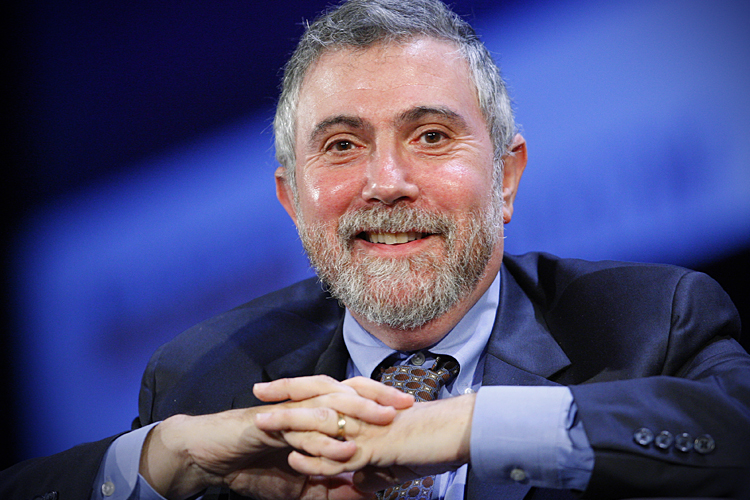New York Times columnist Paul Krugman wrote on Monday that the current crop of GOP presidential candidates should make liberals pine for the halcyon days of the George W. Bush adminstration and the Cheney energy task force, which “by the standards of today’s Republican Party…was enlightened, even left-leaning.”
He noted that while fracking for gas and oil have led to an energy boom that Jeb Bush and Marco Rubio are willing to embrace, solar and wind energy have undergone a revolution “reminiscent of the progress in microchips that underlies the information technology revolution.” Because of this, cost of wind power has decreased by 30 percent in the past half-decade — but this isn’t the energy the GOP candidates talk about when they preach about “energy independence.”
As Krugman wrote,
you might expect people like Mr. Rubio, who says he wants to “unleash our energy potential,” and Mr. Bush, who says he wants to “unleash the Energy Revolution,” to embrace wind and solar as engines of jobs and growth. But they don’t. Indeed, they’re less open-minded than Dick Cheney, which is quite an accomplishment. Why?
Part of the answer is surely that promotion of renewable energy is linked in many people’s minds with attempts to limit climate change — and climate denial has become a key part of conservative identity. The truth is that climate impact isn’t the only cost of burning fossil fuels, that fossil-fuel-associated pollutants like particulates and ozone inflict huge, measurable damage and are major reasons to support alternative energy. Furthermore, renewables are getting close to being cost-competitive even in the absence of special incentives (and don’t forget that oil and gas have long been subsidized by the tax code.) But the association with climate science evokes visceral hostility on the right…
Read the rest at the New York Times…



